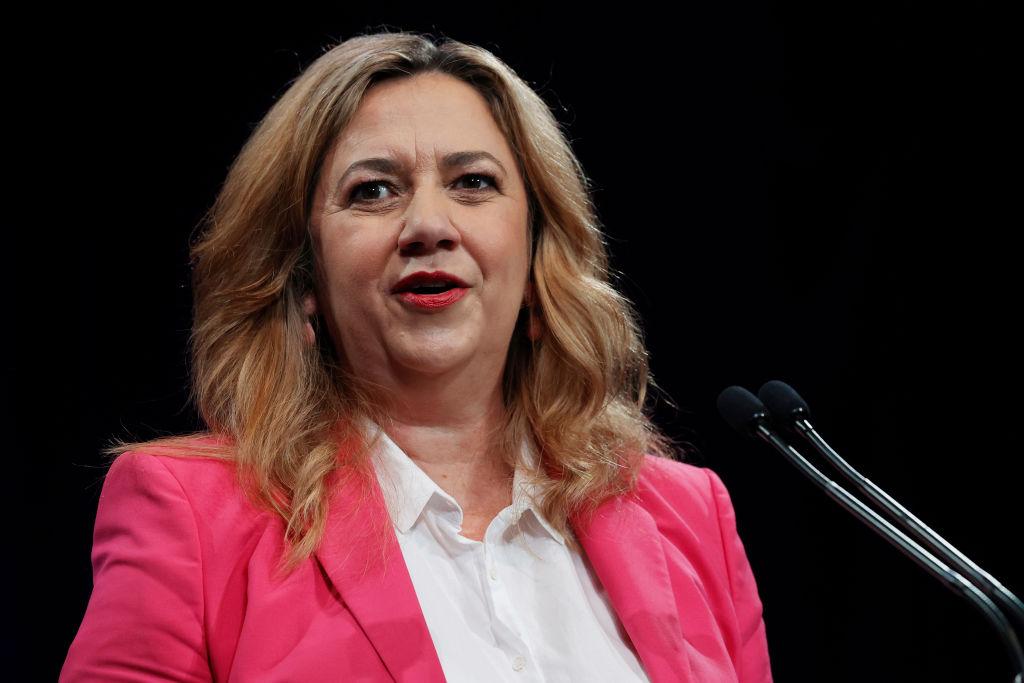Queensland’s first Holocaust museum will open early next year in Brisbane’s central business district, the premier says.
During the 2020 state election campaign, Premier Annastacia Palaszczuk pledged $3.5 million for a museum and education centre to commemorate Jewish victims of Nazi crimes during World War II.





